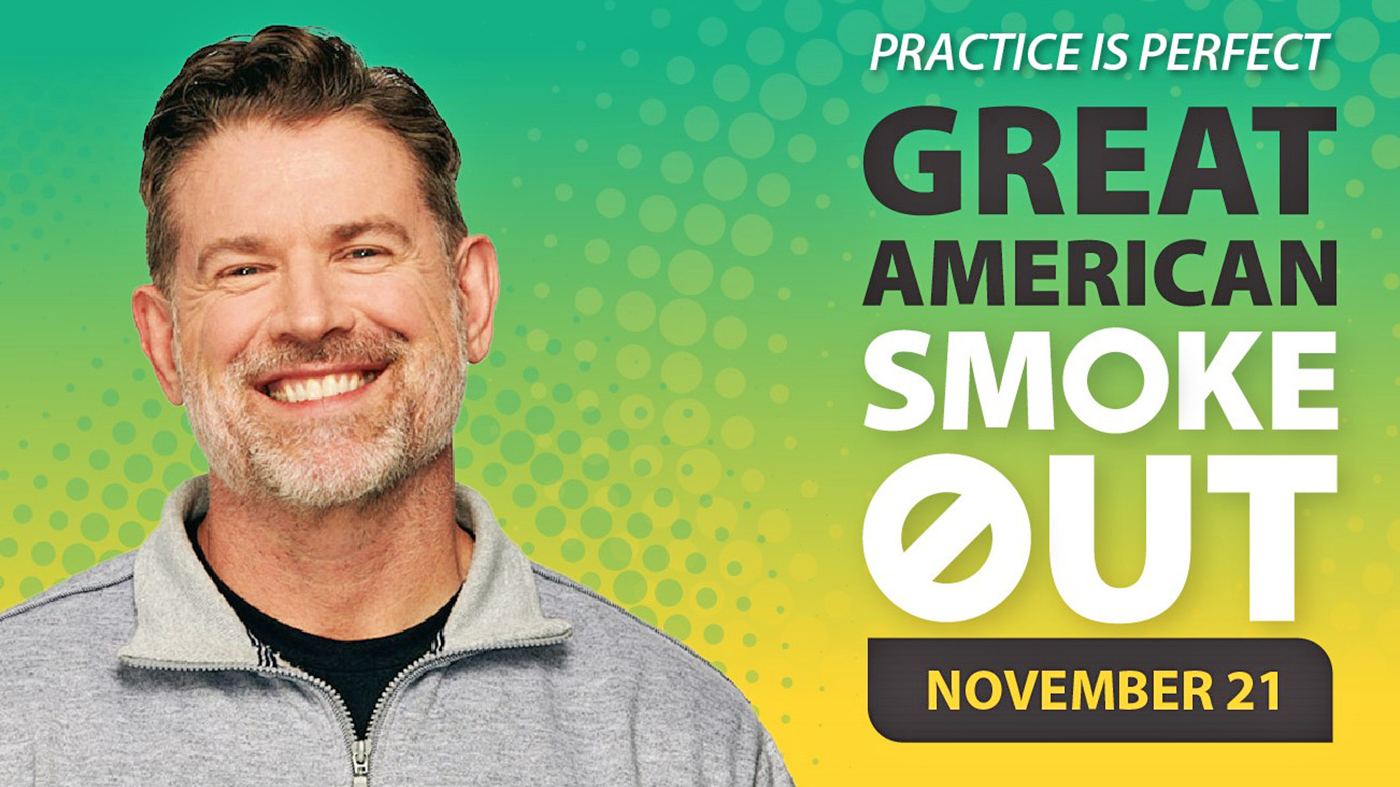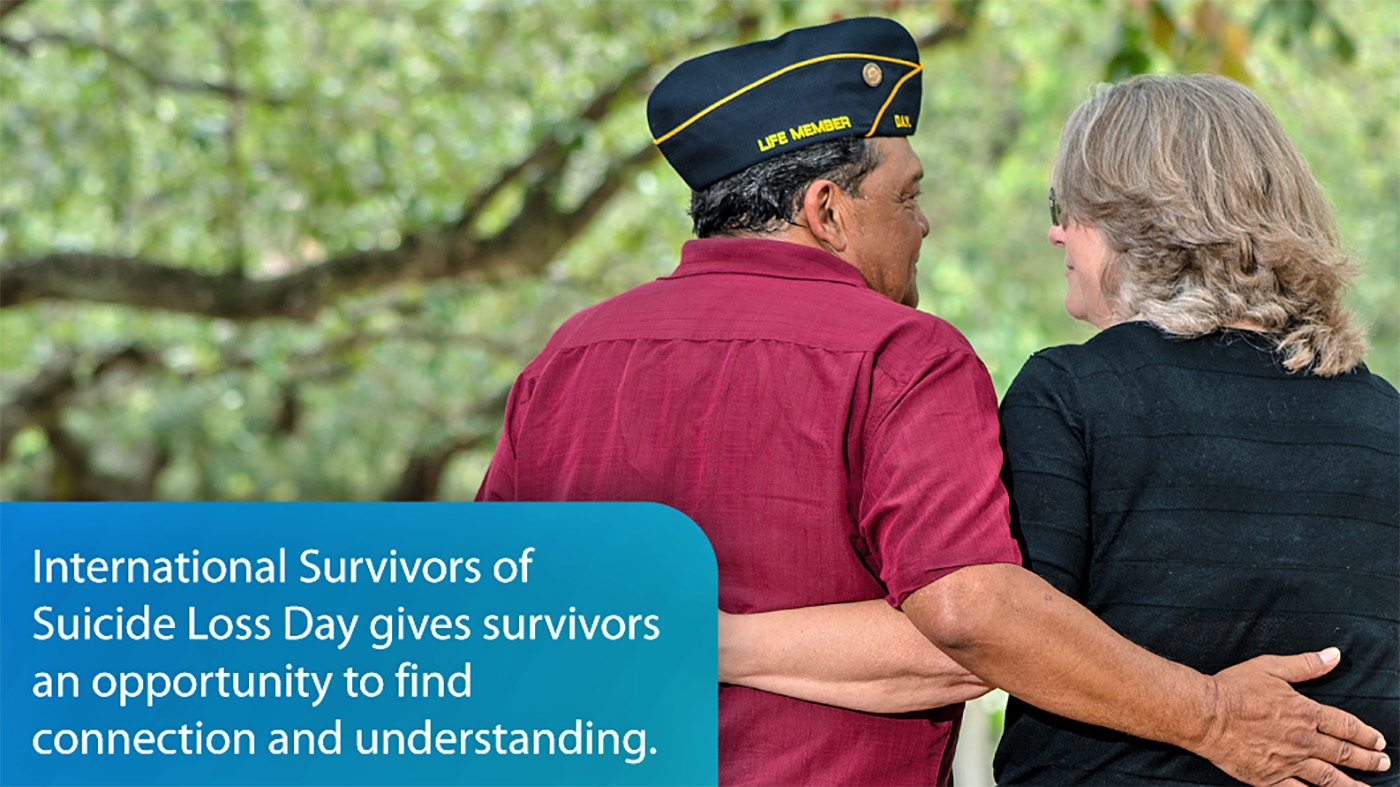Kidney disease is often labeled a “silent killer” due to its lack of physical symptoms in the early stages. Chronic kidney disease (CKD) develops when the kidneys get damaged and lose the ability to filter waste and fluids out of the blood.
CKD is the ninth leading cause of death in the U.S. While anyone can get kidney disease, factors such as heart disease, diabetes, high blood pressure, age, ethnicity and a family history of kidney failure increase the risk.
According to the National Institute of Diabetes and Digestive and Kidney Diseases (NIDDK), the percentage of Veterans with kidney disease is around 34% higher than the general population. NIDDK reports that VA currently cares for 600,000 Veterans with kidney disease and that more than 40,000 VA-enrolled Veterans are living with kidney failure. Collectively, Veterans have higher rates of CKD than the U.S. population.
In 2020, VA’s National Center for Healthcare Advancement and Partnerships (HAP) and the American Kidney Fund (AKF) partnered to address the rising rates of kidney disease within the Veteran community.
“The partnership focuses on improving kidney disease educational materials and developing resources and programs to support Veterans, their families and caregivers,” said Georgeanna Bady, HAP health system specialist.
Kidney disease risk factors
Diabetes and high blood pressure are the two leading causes of kidney disease. More than 34 million people in the U.S. have diabetes, and it’s the number one cause of kidney failure. Following diabetes, high blood pressure is the second cause of kidney failure. According to AKF, about one in four people have kidney failure because of high blood pressure. Because of the significant racial and ethnic disparities within the Veteran community, certain ethnicities, especially Black Veterans, are more prone to diabetes and high blood pressure increasing risk for CKD.
The American Kidney Fund
AKF provides programs and resources for Americans living with kidney disease and works on behalf of the millions at risk. In addition to their programs that support people with kidney disease, they also partnered with VA to develop a page on its website that’s entirely for Veterans with kidney disease.
“The American Kidney Fund shares VA’s goal of supporting Veterans with kidney disease by helping them live healthier lives through early identification and referral for appropriate treatment,” said Michael Spigler, vice president of patient support and education at the AKF.
From downloadable guides to help Veteran patients talk to their doctors about the risk and management of kidney disease to recorded educational webinars and infographics, the partnership has numerous resources to support Veterans and their families. Veterans can also find out about benefits available to them through VA, as well as financial assistance opportunities through AKF.
VA resources to support kidney health
Early detection and treatment can often keep kidney disease and CKD from getting worse. With the help of a health care provider, people at risk for kidney disease and people with CKD can take steps to protect their kidneys. In addition to VA resources supporting kidney health, the VHA-AKF partnership has developed resources to help slow down the progression of existing kidney disease.
VA’s National Center for Health Promotion and Disease Prevention offers healthy living advice to help slow down diabetes and high blood pressure, and prevent kidney disease from worsening. VA Kidney Disease and Dialysis Services Fact Sheet (2020) gives an overview of VA kidney services and lists virtual tools for Veterans with CKD.
VHA-AKF Resources for Veterans with Kidney Disease
Veteran benefits guide
VA and AKF created a downloadable guide to benefits for Veterans with kidney disease. The guide helps Veterans who may be eligible for an AKF grant or financial assistance and helps enrolled Veterans know what services VA offers.
Managing kidney disease guide
The one-page, downloadable guide for Veterans lists helpful tips to prevent kidney disease from progressing to kidney failure.
Recorded sessions from AKF’s annual Kidney Action Week
“Coffee Chat with the VHA” and “Veterans, Kidney Disease and Diabetes: The Mounting Mental Health Burdens of Managing Chronic Disease” are two resources developed from AKF’s 2022 Kidney Action Week.
AKF’s Know Your Kidneys Campaign
The campaign has helpful tips to prevent kidney disease along with ways to slow down the progression of existing kidney disease. Videos from this campaign have aired in about 1,700 VA clinics across the country.
While kidney damage is irreversible, a treatment plan—including healthy eating, monitoring kidney disease and health care—will support Veterans with kidney disease and help them live a longer life.
The AKF partnership is facilitated by the National Center for Healthcare Advancement and Partnerships.
To read more stories on kidney health, visit VA News and Information.
Topics in this story
Link Disclaimer
This page includes links to other websites outside our control and jurisdiction. VA is not responsible for the privacy practices or the content of non-VA Web sites. We encourage you to review the privacy policy or terms and conditions of those sites to fully understand what information is collected and how it is used.
More Stories
For the Great American Smokeout, explore VA resources and learn why every attempt to stop smoking is a step toward success.
If you’ve lost a loved one to suicide, resources and support are available to help you cope during your grieving and healing.
Army Veteran Denis Velez donated a painting of his VA hospital as a way of giving back for his treatment there.







I have been diagnosed with undifferentiated cell cancer of the bladder and I also generate kidney stones routinely.
I would like a consultation with a kidney specialist.
Allen Freedberg
[Editor: Do NOT publish your sensitive information on the internet. I have removed it from your comment.]